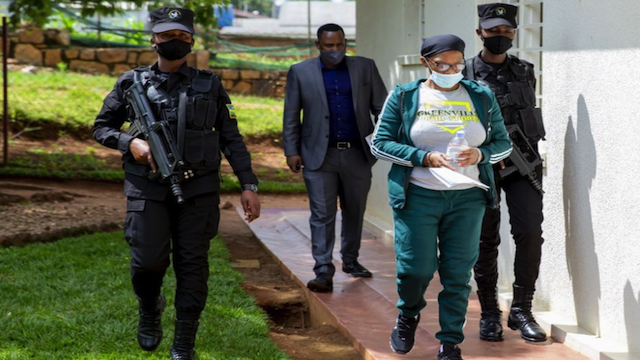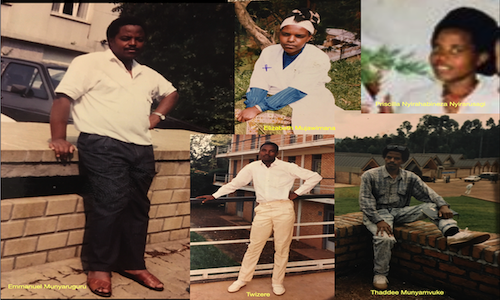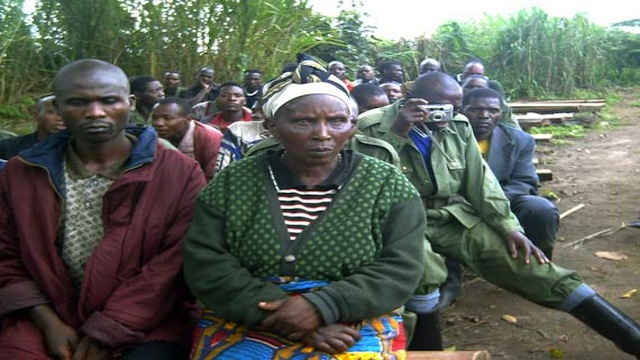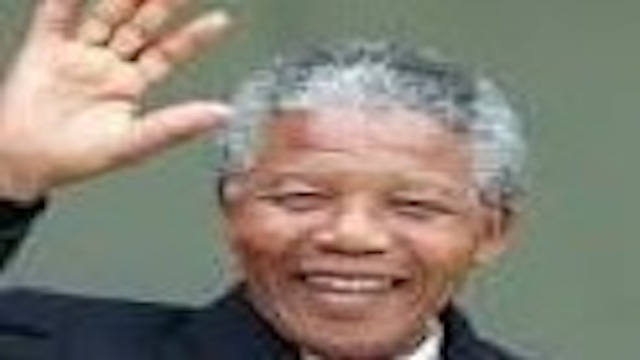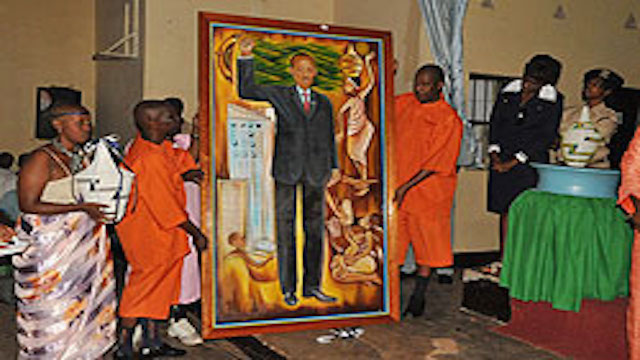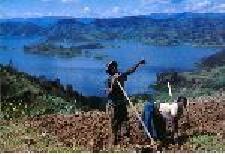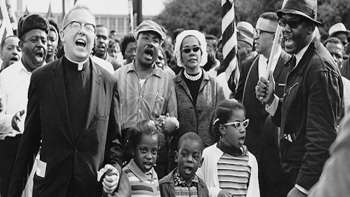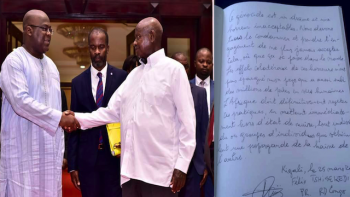On December 31, 2010 The Guardian published an article by Mr Stephen Kinzer, a US journalist and author. In the article, titled "End human rights imperialism now” ( see here): Steven Kinzer attacks human rights groups, singling out the reputable Human Rights Watch for having "lost their way by imposing western, 'universal' standards on developing countries.” Unfortunately Stephen Kinzer's arguments are based on the fallacies and contradictions he set out to denounce and suffer at least three major flaws: they contradict his own stated principle of the universality of American Values, they target the wrong culprits, and they are based on wrong premises and bad examples.
Rwanda: What is Judge Patricia Mukayiza Hiding in the Case of Beatrice Munyenyezi?
by Jean-Marie Vianney Higiro, PhD.
Professor of Communication at Western New England University
1215 Wilbraham Road, Massachusetts 01119-2684
United States of America
Massachusetts, USA, January 29, 2023.
1-Introduction
Judge Patricia Mukayiza has been presiding over Beatrice Munyenyezi’s trial over a year now. The trial has been marred by contradictory rulings regarding witnesses particularly after two advocacy groups of Tutsi genocide survivors namely Ibuka and Humura Rwanda Foundation wrote her a letter in October 2022 asking her to hold court hearings in closed sessions on security and privacy ground. Judge Mukayiza bowed to their demands by ruling that some prosecution witnesses’ testimonies will be heard in closed sessions and others in public sessions.





